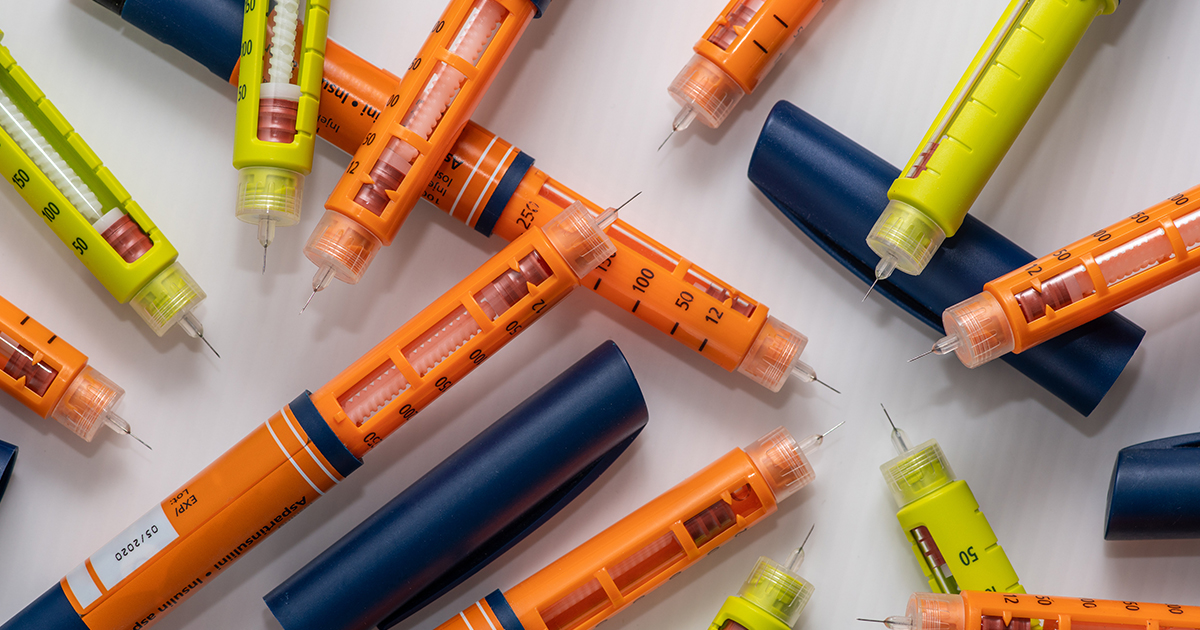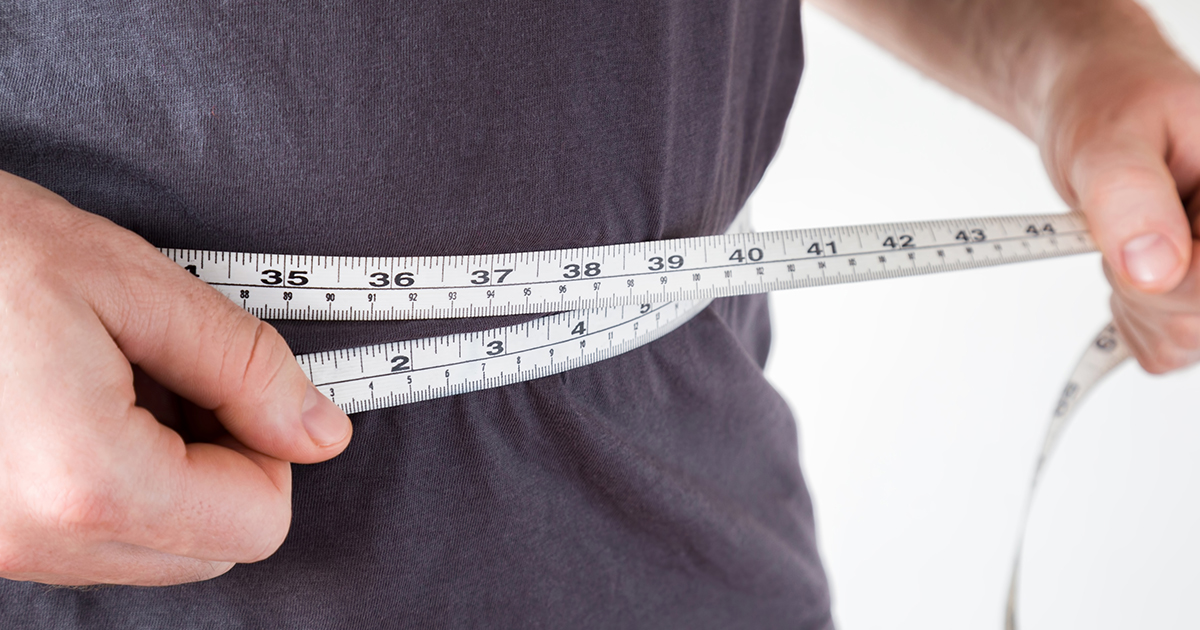Family members of a US man with type 1 diabetes who tragically died following a switch to over-the-counter insulin have spoken out about the need for insulin to be accessible to everyone who needs it.
Jeremy Crawford, 39, had been diagnosed with type 1 diabetes as a young adult and had previously managed the condition well. Reportedly, upon starting a new job, he was left without access to health insurance. It was during this period he started using a cheaper form of insulin while he waited for his new health insurance to begin.
Tragically, Jeremy died on August 25th 2019 after being found unconscious at his apartment. The autopsy report concluded that the cause of death was bronchial pneumonia with a side effect of diabetes mellitus. It is believed his condition deteriorated rapidly, with an excess of empty bottles of water and sugar-free drinks highlighting his attempt to stay hydrated.
Jeremy’s family believes that the change in insulin use is linked to his death, and are speaking out in an attempt to shine a light on the issue. Jeremy’s father Harry Rybolt, who also has type 1 diabetes, is determined to make insulin affordable to all who need it. “I’ve got to do something,” Rybolt said. “This needs to be exposed because this is just a rip off.”
Jeremy’s sister Dawn Mahoney said, “I think he knew it wasn’t the right insulin for him, but I think taking something versus nothing was what he needed to do”.
Following her research into the use of over-the-counter insulin last year, Dr. Jennifer Goldstein MD, said, “These are not one-to-one substitutions. They behave very differently. But if you know what to expect, then you can anticipate it and do fine.”
“It’s really, really important to work hand-in-hand with a healthcare provider to help modify and adjust dosing and to understand how these insulins behave differently than other insulins they might have taken before,” says Goldstein.
In the midst of soaring insulin prices there have been on-going reports of individuals using drastic measures to access vital diabetes medication and supplies in the US. This includes switching to cheaper alternatives which are available without a prescription, and turning to such extremes as trading medications on the Black Market and rationing insulin supplies.
A study, published in Journal of Diabetes Science and Technology, revealed 24 per cent of study participants had traded diabetes medications. The majority of those questioned said black market exchanges were being carried out due to a lack of access to the proper medications and supplies to manage their diabetes.





